There are several reasons for withholding requests for information made under the Local Government Official Information and Meetings Act 1987.
Under the Act, Council may withhold information for specific reasons. If so, Council will explain the reason why in its response to your request.
Key reasons for withholding are:
Administrative reasons
- Making the information available would be contrary to an enactment or constitute contempt of Court or Parliament.
- The information requested is or will soon be publicly available.
- The information requested does not exist or cannot be found.
- The information requested cannot be made available without substantial collation or research.
- The information requested is not held by the Council and we are not aware of another local authority or government organisation that might hold the information that we could transfer the request to.
- The request is frivolous and vexatious or for trivial information.
Conclusive reasons for refusal – making the information available would be likely to:
- Prejudice the maintenance of the law including the prevention, investigation, and detection of offences and the right to a fair trial; or
- Endanger the safety of any person.
Other reasons
The Council is required to assess whether each of the following withholding reasons is outweighed by other considerations which render it desirable in the public interest to make the information available.
Withholding the information is necessary to:
- Protect the privacy of natural persons;
- Protect information where the making available would disclose a trade secret or would be likely unreasonably to prejudice the commercial position of a person;
- Avoid serious offence to tikanga Māori or avoid disclosure of the location of a waahi tapu (relates to Resource Management Act 1991 matters);
- Protect information which is subject to an obligation of confidence or which a person has been or could be compelled to provide under the authority of any enactment;
- Avoid prejudice to measures protecting public health and safety;
- Avoid prejudice to measures that prevent or mitigate material loss to members of the public;
- Maintain the effective conduct of public affairs through the free and frank expression of opinions by or between members, officers, or employees of Council or to protect them from improper pressure or harassment;
- Maintain legal professional privilege;
- Enable Council to carry out, without prejudice or disadvantage, commercial activities;
- Enable Council to carry out, without prejudice or disadvantage, negotiations (including commercial and industrial negotiations);
- To prevent the disclosure or use of official information for improper gain or improper advantage.
If a non-natural person (such as a company or organisation) makes a request for its personal information, it has a right to access that information (under section 23) unless one of the grounds for refusal in section 26 applies.



